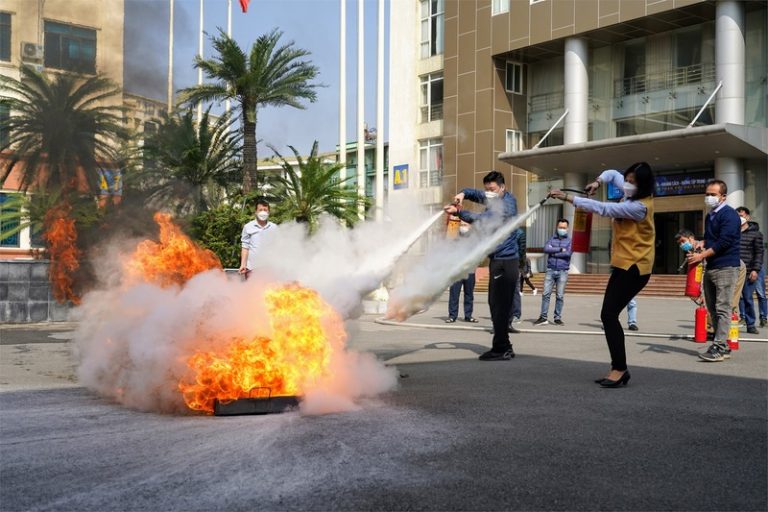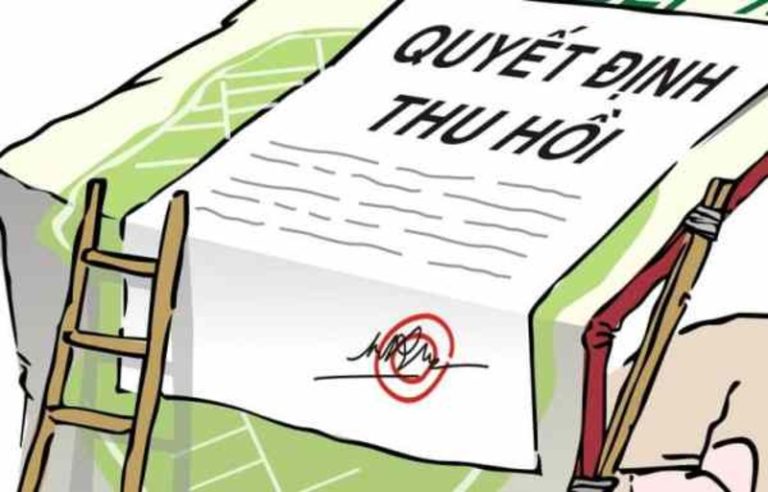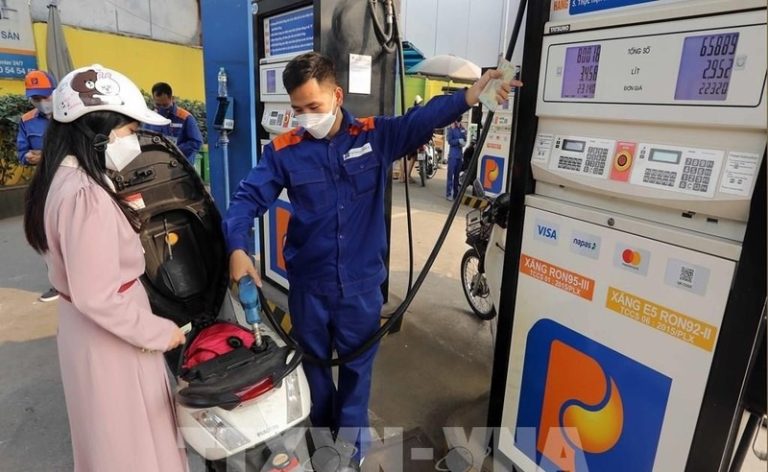Question:
I am representing interests of the company from Ukraine. In 2013 year our company worked with a company from Vietnam (is locating in Ha Noi). Relations between companies led to negative results, we had to apply to the International Commercial Arbitration Court at the Chamber of Commerce of Ukraine (the trial was stated in the contract), the result from arbitration was a solution to recovering from the company from Vietnam 14 000 U.S. dollar.
I want to ask a few questions:
1) What is the procedure for recognition and enforcement of a ruling by the International Court of Commercial Arbitration in Vietnam?
2) How much is the court fee for the recognition and enforcement of a ruling by the International Court of Commercial Arbitration in Vietnam. When are they paid?
(3) Can you help our company to recovering money from the company from Vietnam? What are the terms of your cooperation? How much for your services and when do we need to pay them?
Answer:
(1) What is the procedure for recognition and enforcement of a ruling by the International Court of Commercial Arbitration in Vietnam?
In pursuant to Clause 2 and 3 Article 343 of Vietnam Civil Procedure Code, Vietnamese Court shall consider to recognize and enforce a foreign Arbitral award in Vietnam in case the Award is issued in a country or by the Arbitration of a country which Vietnam and such country have entered into or acceded to an international treaty on this matter; or the Arbitral award issued by foreign Arbitration may also be considered by Vietnamese Court to recognize and enforce in Vietnam on the basis of reciprocity without the aforesaid requirement.
In accordance with Article 46 of Treaty on Mutual Legal Assistance on civil and criminal issues between Vietnam and Ukraine dated 06 April 2000, one signing Party shall recognize and enforce the decision issued by the Arbitration in the territory of the other signing Party in accordance with the New York Convention on the Recognition and Enforcement of Foreign Arbitral Awards dated 10 June 1958.
Vietnam has acceded to the New York Convention on the Recognition and Enforcement of Foreign Arbitral Awards under the Decision No. 453/QĐ-CTN dated 28 July 1995 issued by the President of Vietnam.
Accordingly, the Arbitral award of the Arbitration in Ukraine shall be considered by Vietnam Competent Court to recognize and enforce in Vietnam.
Clause 1 Article 344 of Vietnam Civil Procedure Code provides that those who entitled to request the enforcement of a foreign Arbitral Award or their duly representative shall have the right to submit the Petition to Vietnam competent Court for the recognition and enforcement of foreign Arbitral award in Vietnam if the Company which is obliged to execute such Award has the head office in Vietnam, or the assets in relation to the execution of such Award is located in Vietnam at the time of submitting the Petition.
The procedure for the recognition and enforcement of foreign Arbitral Awards in Vietnam shall be as follows:
(A) Submitting the Petition:
(i) The Petition for the recognition and enforcement of foreign Arbitral Awards in Vietnam shall be sent to the Ministry of Justice in Vietnam.
(ii) Papers and documents to be attached to the Petition include:
- The duly authenticated original award or a duly certified copy thereof;
- The original or a duly certified copy of an agreement in writing under which the parties undertake to submit to arbitration all or any differences which havearisen or which may arise between them in respect of a defined legal relationship, whether contractual or not, concerning a subject-matter capable of settlement by arbitration.
The term "agreement in writing" shall include an arbitral clause in a contract or an arbitration agreement, signed by the parties or contained in an exchange of letters or telegrams.
If the said award, agreement or Petition is made in foreign language, the party applying for recognition and enforcement of the award shall produce a translation of these documents into Vietnamese. The translation shall be certified by an official or sworn translator or by a diplomatic or consular agent.
- Delivering the dossier to the competent Court in Vietnam:
Within seven days, from the date of receiving the Petition and related papers/documents, The Ministry of Justice shall deliver the dossier to the relevant Competent Court in Vietnam.
- Accepting the dossier:
Within three working days, from the date of receiving the dossier delivered by the Ministry of Justice, the competent Court in Vietnam shall accept and notify it to those who have obligation to execute such Arbitral Award in Vietnam.
The Court may request the petitioner to clarify the unclear papers/documents in the dossier.
- Preparing to consider the Petition:
Within two months from the date of accepting the dossier, subject to circumstance, the Court may issue the decision on the session for reviewing the Petition.
In case the Court request the petitioner to clarify the unclear papers/documents in the dossier, such preparing shall be extended two months further.
The Court shall open the session for reviewing the Petition within twenty days, from the date of issuing the decision on the session of reviewing the Petition.
- The Session for reviewing the Petition:
The Court shall proceed a Session for reviewing the Petition by a Council of Three Judges. Those who have obligation to execute the Arbitral Award or their duly representative must present at the Session. If such person is absent with suitable reason, the Session shall be postponed.
The Session shall continue if the company in Vietnam or its representative requests the Court to proceed without their present, or they are called to the Session for second time but still absent.
The Council shall be entitled to issue a decision on the recognition and enforcement of the foreign Arbitral Award in Vietnam or decision on not to recognize such foreign Arbitral Award.
Right after the issuance of above mentioned decision, the Court shall deliver such decision to the relevant parties and to the Petitioner through the Ministry of Justice.
- Enforcement of the Court’s Decision:
After having been issued the Decision of the Court on the recognition and enforcement of the foreign Arbitral Award in Vietnam, you will need to request the relevant competent Executor (or Bailiff) in Vietnam to carry out the execution of such Decision.
(2) How much is the court fee for the recognition and enforcement of a ruling by the International Court of Commercial Arbitration in Vietnam. When are they paid?
In accordance with Vietnam Ordinance on the Court’s fees and charges, the fees for the recognition and enforcement of foreign Arbitral Awards in Vietnam to be paid by the Company which does not have the head office in Vietnam shall be 4,000,000 VND (Four million Vietnamese Dong).
Upon delivery of dossier to the Court, the Ministry of Justice shall attach the receipt of collecting the court fee. Therefore, the above mentioned court fee shall be paid upon submitting the dossier to Ministry of Justice.
(3) Can you help our company to recovering money from the company from Vietnam? What are the terms of your cooperation? How much for your services and when do we need to pay them?
First, we will need you to provide with the papers and documents as mentioned above in Section A and any related documents if available.
We shall study thoroughly the papers and documents to be provided by you. After that, we will give you our Legal Service Proposal and/or Legal Service Agreement in which specifies the amount of fees, payment term and estimated time to carry out the relevant works.




